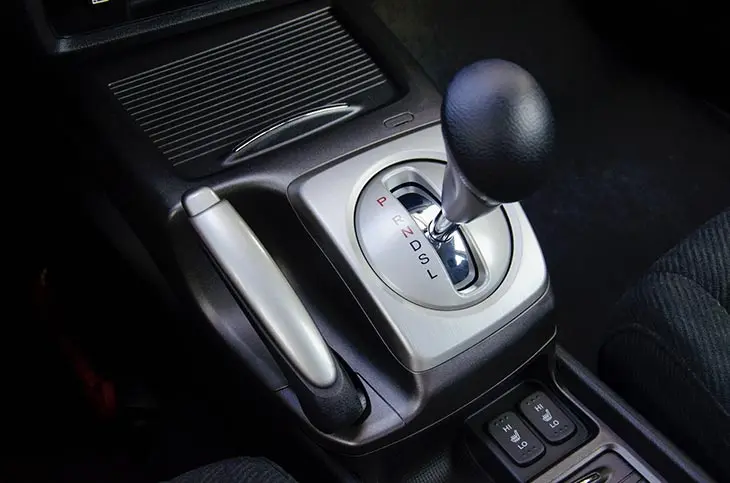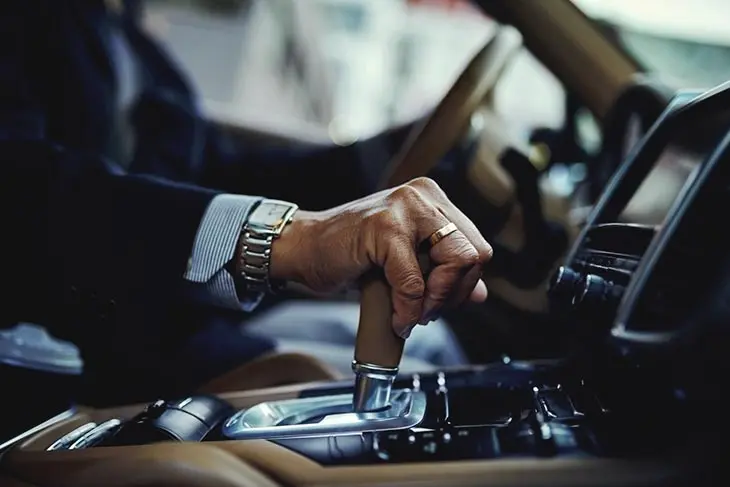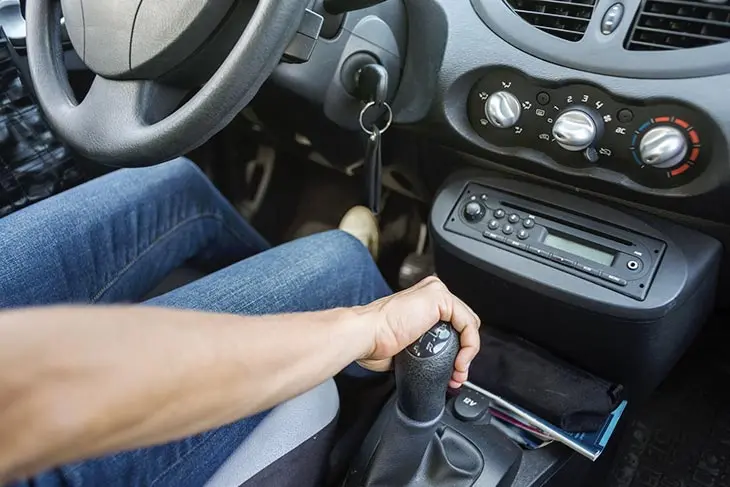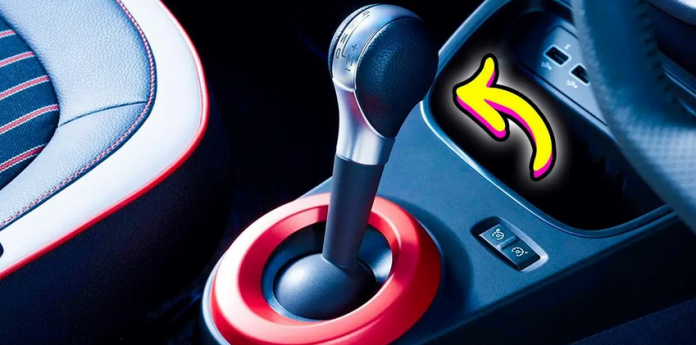In the media and casual conversations, the praises for automatic transmission cars seem endless. The allure of a stress-free drive, avoiding the hassle of manually shifting gears, is a common narrative. However, there exists a viewpoint that deems automatic transmission cars as somewhat “overrated” due to certain drawbacks. Let’s delve into the insights of Denis Renard, an auto and motorcycle mechanic, who sheds light on the two primary downsides of automatic transmission.
What are they? Let’s explore the two main drawbacks of automatic transmission.
Costly Maintenance

While automatic cars offer more driving advantages, they naturally come with a higher price tag. Additionally, maintaining and repairing such vehicles can be costly. The complexity of the automatic transmission system makes repairs more intricate, and spare parts are often rare, contributing to the high repair costs.
Moreover, the automatic transmission requires a fluid change every 25,000 to 50,000 kilometers, depending on the manufacturer’s recommendations. The cost of this service ranges from 350 to 600 euros, depending on the vehicle model. Additional procedures, such as filter replacement, adding transmission fluid (typically every 50,000 km), or a transmission reprogramming, might further increase the expenses.
In the event of a severe issue with the automatic transmission, a replacement might be necessary, reaching up to a hefty 3,000 euros.
High Fuel Consumption (in older models)

The debate between automatic and manual: which one consumes more fuel? Cars with automatic transmission tend to consume more fuel than their manual counterparts, with a noticeable overconsumption of around 10 to 15% in automatic vehicles.
Another drawback of automatic transmission cars is a driving experience perceived as too monotonous. Despite offering a more comfortable driving experience, some drivers find these vehicles less enjoyable to drive.
Choosing Between Manual and Automatic Cars

As evident, the decision between a manual or automatic car depends largely on each driver’s profile and preferences. While some view manual cars as more economically advantageous, others prioritize comfort and wish to minimize effort, especially when navigating large cities.
Before making a purchase, a thorough analysis of both systems is recommended. The pros and cons can vary depending on the technology employed by each car manufacturer.
If you have an automotive enthusiast or expert in your circle, don’t hesitate to seek their advice to make the best decision based on your driving style and budget.
Conclusion
In the ongoing debate of manual vs. automatic, personal preferences and driving habits play a significant role. Denis Renard’s insights provide valuable considerations for potential car buyers, emphasizing the importance of understanding the nuances before making a decision.
image source : sante plus mag










